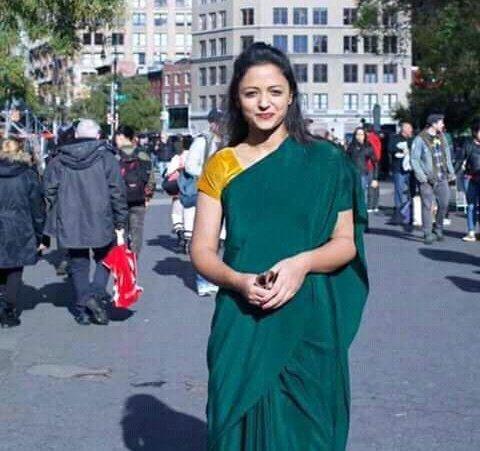Former Modi Critic Shehla Rashid Advocates Reconciliation in Kashi & Mathura Disputes 🕊️

In a surprising turn of events, Shehla Rashid, once a vocal critic of Prime Minister Narendra Modi, has voiced her opinion in favor of voluntary reconciliation concerning the longstanding disputes in Kashi and Mathura. Rashid, known for her outspoken views, highlighted the abundance of evidence as a crucial factor in initiating reconciliation efforts.
In a recent statement, Rashid emphasized, "We Muslims know that namaz is not valid where the land has not been acquired at market price. If lack of evidence was the reason for fighting the Ayodhya case, shouldn't the abundance of evidence in Kashi and Mathura be the basis of voluntary reconciliation?"
Her remarks underscore the need for a thoughtful and evidence-based approach to resolve contentious issues surrounding religious sites. Rashid's stance, once perceived as confrontational, signals a potential shift towards dialogue and understanding.
The call for voluntary reconciliation comes amidst escalating tensions and legal battles over religious sites across India. Rashid's advocacy for reconciliation reflects a growing sentiment among certain quarters for peaceful resolution and communal harmony.
As discussions on the Kashi and Mathura disputes continue to garner attention, Rashid's endorsement of voluntary reconciliation injects a new perspective into the debate, urging stakeholders to consider evidence and dialogue as pathways to resolution.
- Political Leaders
- Art & Crafts
- Dance & Music
- Sanatan Dharma
- Education & Training
- Food & Drinks
- Gaming
- Health & Fitness
- Home & Gardening
- Literature & Culture
- Love
- Medicine & Ayurveda
- Motors & Vehicles
- Movies & Cinema
- Parenting
- Politics
- Science & Technology
- Shopping
- Social Media
- Spirituality
- Sports
- War & History
- Yoga & Meditation
- Travel & Tourism
- Natural Disaster
- Business & Startups
- DIY & Home Decor
- Finance
- Personal
- News
- Pet Lovers
- Wild Life & Nature
- Podcast & Audio Books
- Poetry
- Law & Order
- Moral Stories
- Jokes & Humour
- Other

